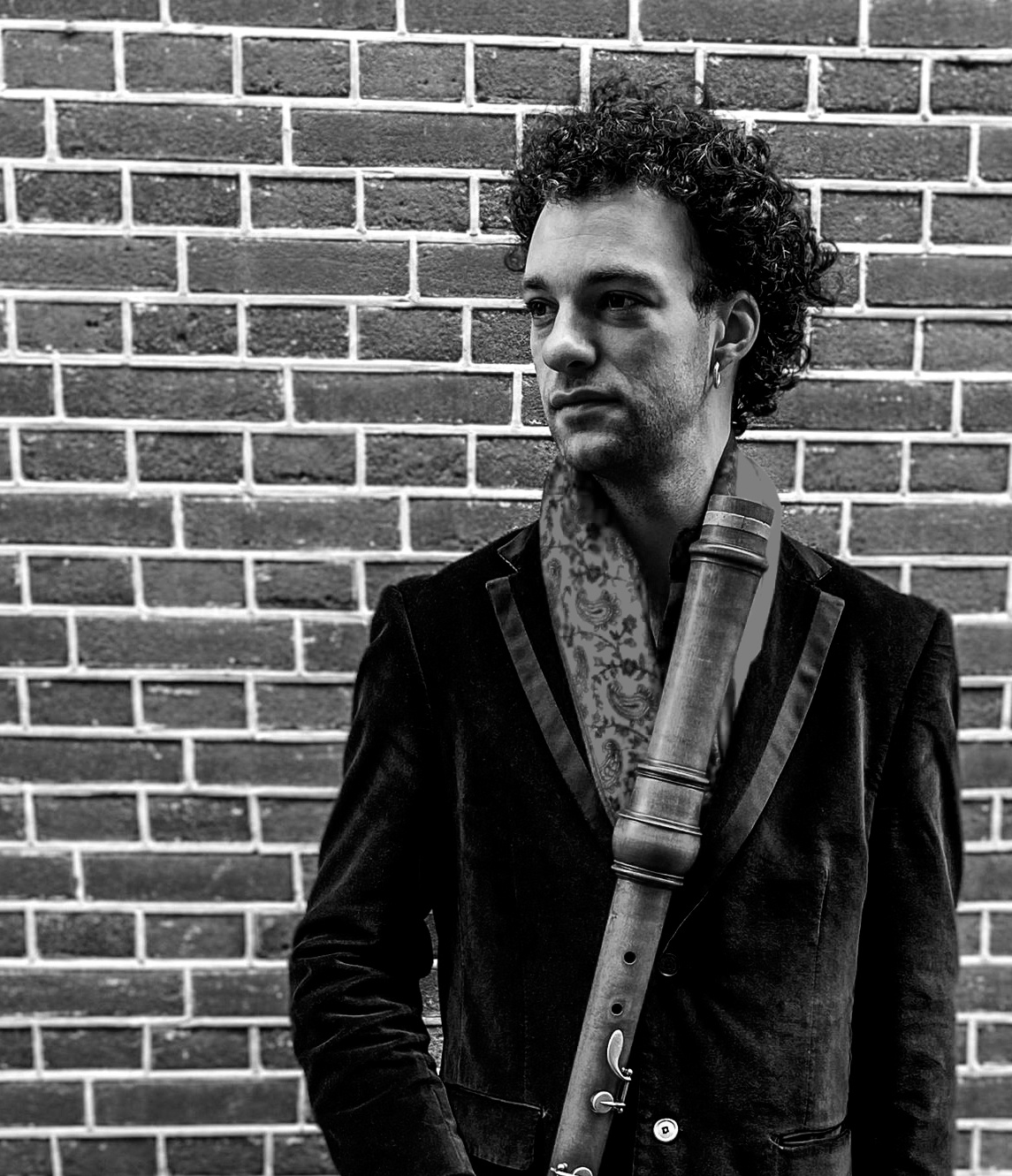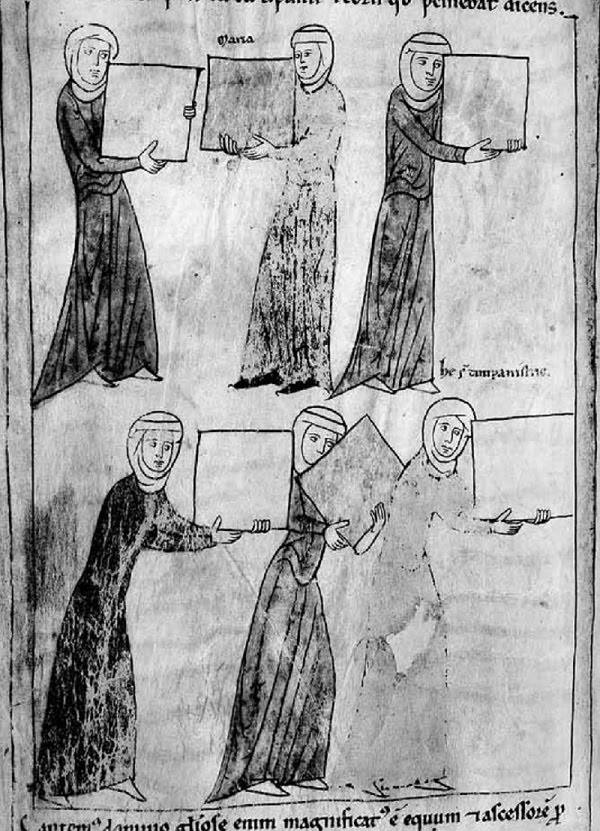Virtual Studio

About This Space
The Virtual Studio is my spot for approaches to learning and practice, as well as a repository for materials and resources connected to lessons.
For arrangements, writings, and other content that’s freely available to everyone, cruise on over to Marginalia .
If you’re interested in lessons and would like access to the Virtual Studio , you’re very welcome to get in touch !
Contents
The Five Foundations
1: Posture
2: The Respiratory System
3: Embouchure
4: Articulation
5: Movement
Advanced Concepts
High Notes
Resonance
Technique
Improvisation
Early Music
Stick to Your Drum : Method for Tabor
Posture
Holding the Instrument
The Respiratory System
Understanding the System
Master Your Breath, Master Your Music
Breathing for Wind Instruments transforms an unconscious biological function into a powerful musical tool.
This evidence-based resource cuts through the confusion of traditional pedagogy to reveal what actually happens when professional wind players breathe.
Embouchure
Flute Embouchu re
The French gave us embouchure , a polite term for the art of not letting air escape where it shouldn't.
This guide cuts through the myths about flute positioning: there is no universal 'correct' placement, centred embouchures are often wrong, and your face simply doesn't work like anyone else's.
Articulation
The Role of Articulation in Music
The Physiology of Articulation
Articulation Mechanics and Challenges
Developing Articulation
Articulation Exercises
Movement & Fingering
High Notes
The Complete Harmonic M anual
Many woodwind players struggle with extended range techniques because they're taught what to do without understanding why it works.
This guide changes that by revealing the acoustic physics underlying tone production across saxophones, flutes, and recorders, from fundamental notes to the highest reaches of each instrument's range.
Starting with the basics of sound waves, this manual builds a complete understanding of how woodwind instruments create pitch.
Resonance
Resonance and Sound Production reveals the secret that transforms good wind players into great ones: your body is not just supporting your instrument, it is the instrument.
This guide demystifies the art of resonance, showing you how to consciously create richer, more projecting, and colourful sound. Drawing on voice science research and acoustic principles, it explains what's actually happening inside your body when you produce beautiful tone.
Improvisation
Five Notes to Freedom
There is a moment every musician knows: your fingers are poised over the instrument, the chord progression plays beneath you, and someone says: improvise!
In that instant, all those hours of scales and arpeggios, all that technical mastery, seems to evaporate like morning mist. The gap between what you can play and what you can create yawns before you, vast and terrifying.
This method is about closing that gap.
Early Music
Stick to Your Drum
A method for the tabor, containing:
Percussion warm ups and a collection of patterns for the drum; Exercises and integration through repertoire
Built on one premise: the pipe isn't the star. The tabor is.
Through deliberate rhythmic challenge beyond what performance demands, you'll train genuine independence between drum and pipe. Cognitive strength training that makes your tabor hand develop a mind of its own.
